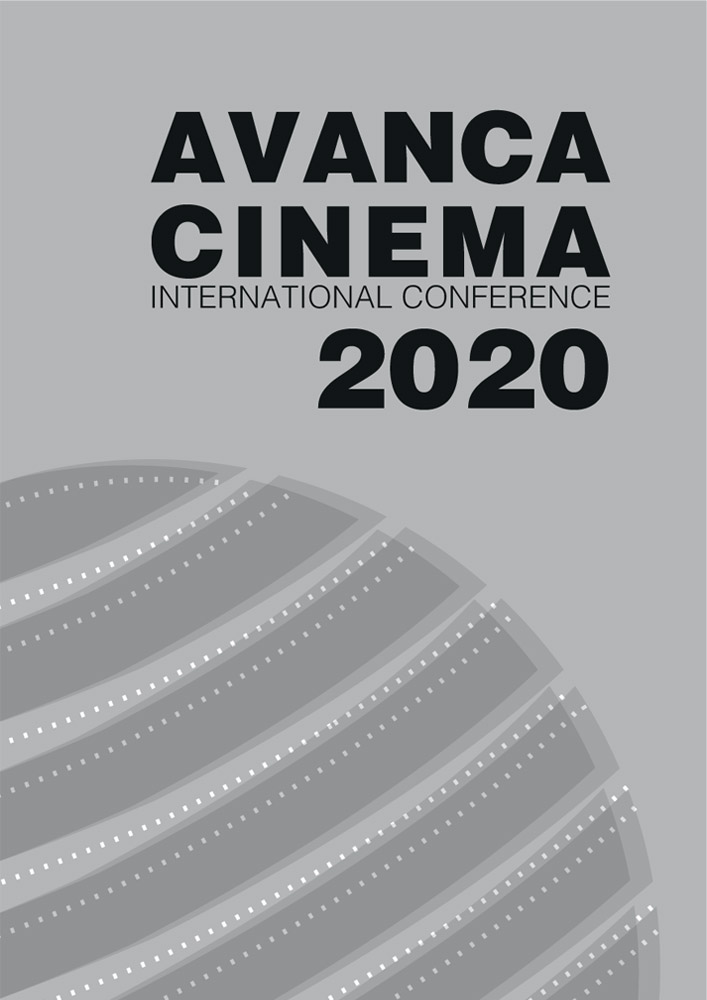Chapter III _ Cinema - Communication
The rationality of the most popular cartoon in cinema, educational processes and pseudoformation
Abstract
Cinema is a cultural product that mediates both educational and socialization processes as well as school processes, so it is important to investigate the relationship between cinema, education and professional training. It can be said that there is a tendency to incorporate the movie by the assigned approach or as a pedagogical resource to make the class more dynamic without further reflection. It is precisely for this protagonism that we decided to study the rationality of the production of the most popular cartoon in Brazil between 2009 and 2015. The theoretical basis of analysis is the Critical Theory of the Frankfurt School, mainly Adorno and Horkheimer. The cartoon presents a logic of American production permeated by the emphasis on detail, propagation of stereotypes, cliches, identity between all and part, heroification of the average hero, expropriation of Kantian schematism, repetition of forms that worked involving adventure, hints of humor and romance and serial format. Supernatural outputs, unity between word, image and music, abrupt cuts and speed in the succession of scenes that does not contribute to experience, stimulation of the circle of retroactive needs and a logic of body rather than eroticism and a binary organized reality, these are some of the mediating elements that favor pseudoformation.

This work is licensed under a Creative Commons Attribution 4.0 International License.

